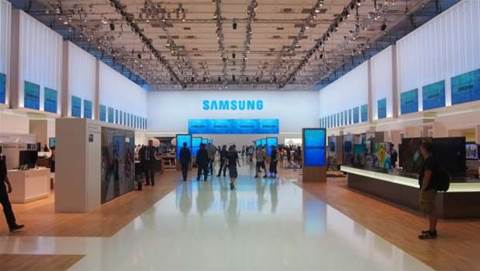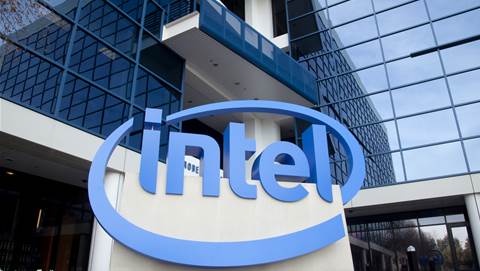Australia's IT community should expect some shortages of key high-tech components as a result of the tragic earthquake and tsunami in Japan, according to IDC.
In a report released yesterday, hardware analyst and Japanese industry subject matter expert Trevor Clarke detailed the disaster's impact on 16 key Japanese vendors, speculating that even those with unscathed manufacturing plants would experience delays.
Sony was among those manufacturers worst hit, with some 12 factories suspended from operation, Clarke reported. Those plants produced magnetic tapes, lithium ion batteries for PCs and mobile phones, LCD TVs and a number of other components.
Even if these plants could be turned back on, Clarke said production would be impacted by power outages as utility TEPCO attempted to control the unstable Fukushima nuclear plant.
He said there was little visibility available around the frequency or extent of these outages into the future.
That said, Clarke expected Sony to find ways to shift production from these 12 facilities to its network of plants elsewhere in Japan to continue to bring products to market.
Toshiba, meanwhile, has refuted reports that its NAND flash memory factories were impacted, but has halted chip production at factories in the Iwate Prefecture. The Iwate plant manufactured LSI chips for microprocessors (used in image sensors, for example). Last week Toshiba also said it would close an LCD (liquid crystal display) factory for one month, opening later in April.
Fujitsu has not reported on the extent of the damage. Japanese media reported that the company has shifted PC manufacturing from a plant located close to the impacted Tohoku region to other sites to continue supply.
NEC appeared to have been more fortunate, having reportedly resumed operations at all facilities, gradually increasing production as it gained a steadier supply of components.
But Clarke noted that even at those relatively unscathed manufacturers such as NEC, there are a number of reasons why production will be slow, including supply chain problems, power shortages and cultural factors unique to Japanese industry and society.
Nonetheless, he expected the Japanese industry giants to make every effort to accommodate the Japanese Government's calls to reduce power consumption as efforts to contain the Fukushima nuclear crisis and rebuild key power infrastructure continued.
"Japanese companies exhibit a strong sense of corporate social responsibility," Clarke said. "The central premise is that the workers are the company - it is very likely that vendors and data centres may restrict production to help reduce power consumption, particularly around Tokyo."
Companies would likely take a short term hit, he said, due to the longer term importance of IT to the economy, and anticipation that helping out today would be rewarded with strong government backing in the future.
"They simply can't afford to alienate their own workers or the government," he said.
Clarke said key data centres in Japan appeared to have fared well - with diesel generator backups running courtesy of preferential diesel supply agreements put in place by the government well before the natural disaster.
The Japanese Government has long recognised the importance of IT to the Japanese economy, he said.
"The DR (disaster recovery) is actually standing up really well, even with such a colossal and tragic event," he said.
Clarke urged IT distributors to evaluate how much of their portfolio relied on Japan's high tech industry and form clear communication lines with their suppliers in Japan rather than local representatives.
In sum, he expected price changes for components to be inevitable, although those changes may not necessarily impact prices on final product.


.jpg&h=140&w=231&c=1&s=0)

.png&h=140&w=231&c=1&s=0)





















